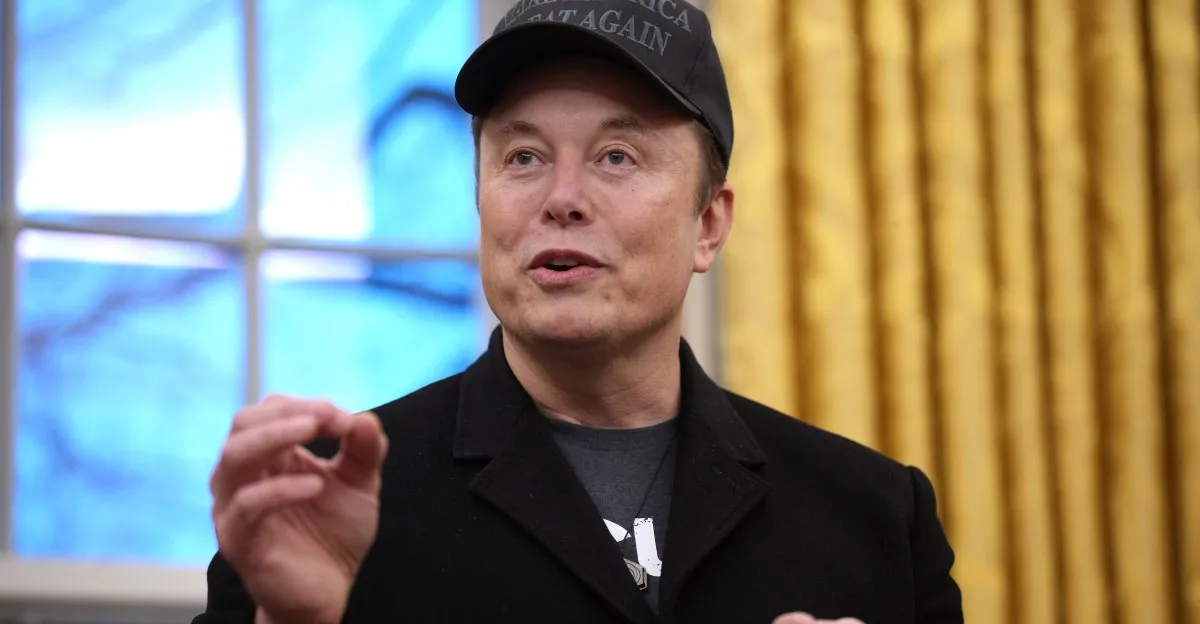
On Thursday, a group of current or former workers at the US Agency for International Development (USAID) filed a lawsuit challenging billionaire Elon Musk's appointment within the government, raising constitutional concerns. This audacious legal move argues that Musk's appointment violates the Constitution, according to their complaint in Doe v. Musk.
The crux of the lawsuit is grounded in the Constitution, which designates certain high-ranking government employees as "officers of the United States." These officers, who exercise “significant authority pursuant to the laws of the United States,” are categorized as either "principal" or "inferior" officers. The Doe lawsuit claims that Musk is exercising the powers of a principal officer without proper appointment.
The Supreme Court has established that principal officers must be nominated by the president and confirmed by the Senate. In contrast, inferior officers may be appointed without Senate consent but must still be appointed in a manner “established by law.” The lawsuit asserts that Musk should be powerless to act because he was not confirmed by the Senate, regardless of whether he is considered a principal or inferior officer.
Assessing the merits of this claim is challenging due to the opaque nature of Musk's duties. Designated as a "special government employee," Musk is limited to working 130 days a year for the government. However, his actual authority in this role is uncertain. For instance, despite his vocal opposition to USAID, the decision to pause US foreign aid was reportedly made by Secretary of State Marco Rubio, acting on an executive order from Trump.
A parallel lawsuit filed by several blue-state attorneys general questions the Treasury Department's decision to grant a Musk-associated individual access to a sensitive computer system. This system processes trillions of dollars in federal payments annually. Yet, the specific intentions of the Department of Government Efficiency (DOGE) in utilizing this access remain unclear.
The Doe complaint cites instances where Musk or DOGE claimed credit for actions requiring authorization by an officer of the United States. For example, Musk announced on a personal account that DOGE was halting "illegal payments" to a Lutheran charity, and DOGE's official account claimed credit for terminating 12 government contracts worth $30 million.
The success of the Doe lawsuit hinges on two primary factors. Firstly, if Musk's DOGE operation is merely a platform for his rhetoric without real authority, the lawsuit may falter. If Musk is merely promoting decisions made by others or making recommendations implemented by properly appointed officers, he may continue without violating the Constitution.
Secondly, the lawsuit raises the issue of "standing," a legal requirement for plaintiffs to demonstrate that they were injured by the defendant. The Doe plaintiffs claim they were locked out of their USAID email accounts or denied access to crucial documents due to DOGE. However, they must prove these harms resulted from Musk's actions, not Secretary Rubio's decisions.
Ultimately, even if the Doe plaintiffs cannot sue Musk, the public could benefit from clarity about Musk's role within the Trump administration. If another individual has suffered harm due to Musk's stewardship of DOGE, they might have grounds to challenge his appointment in court.